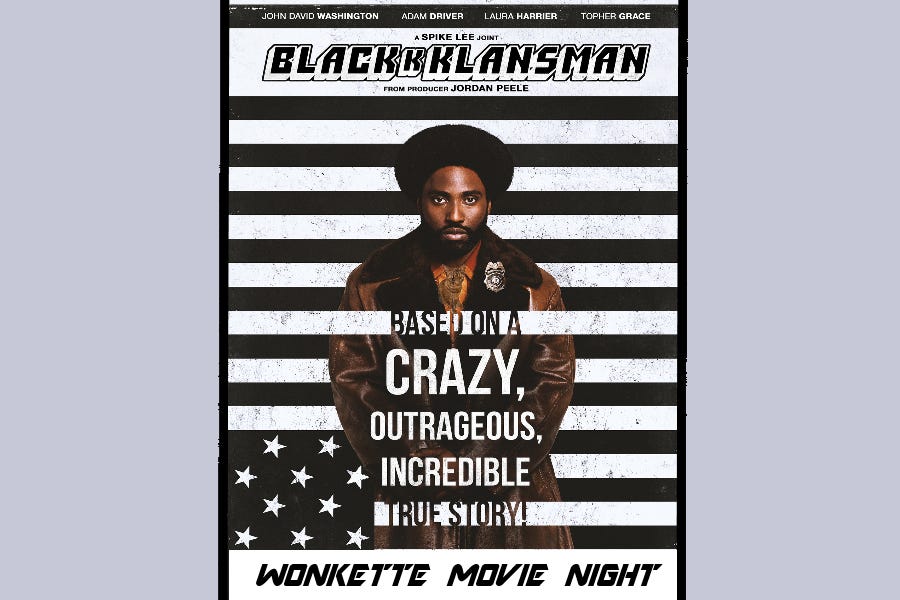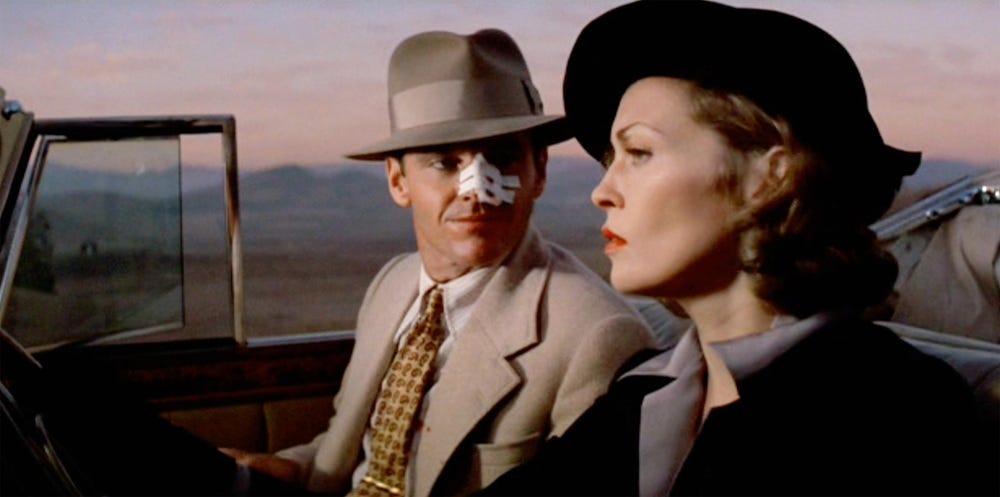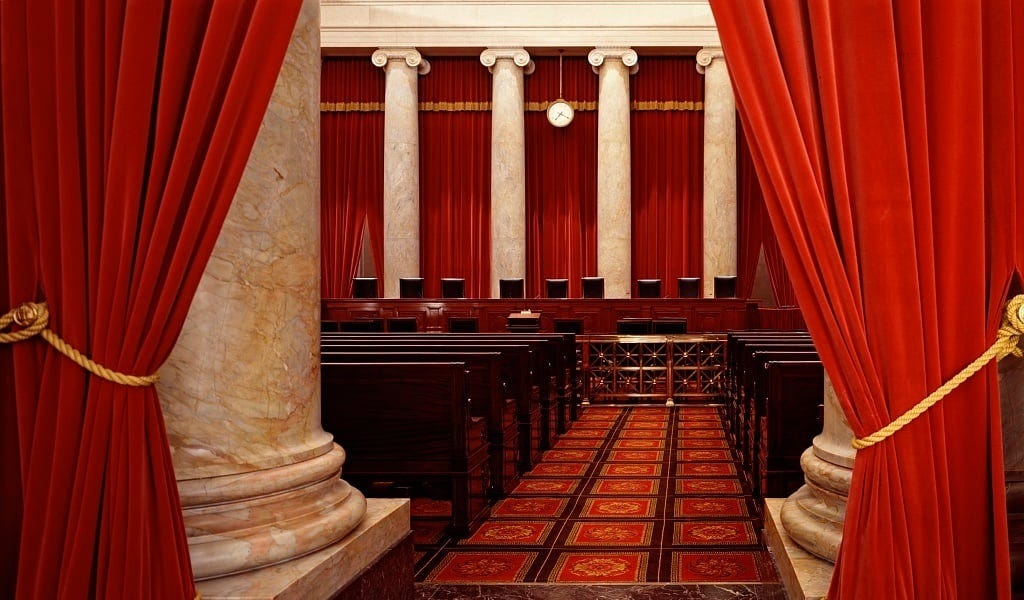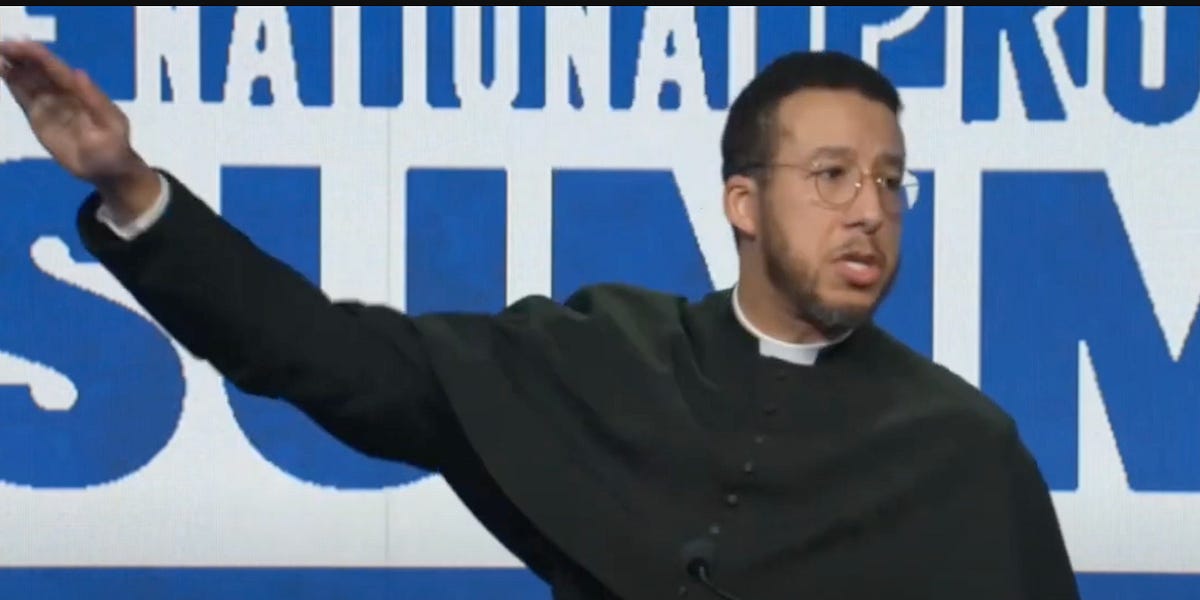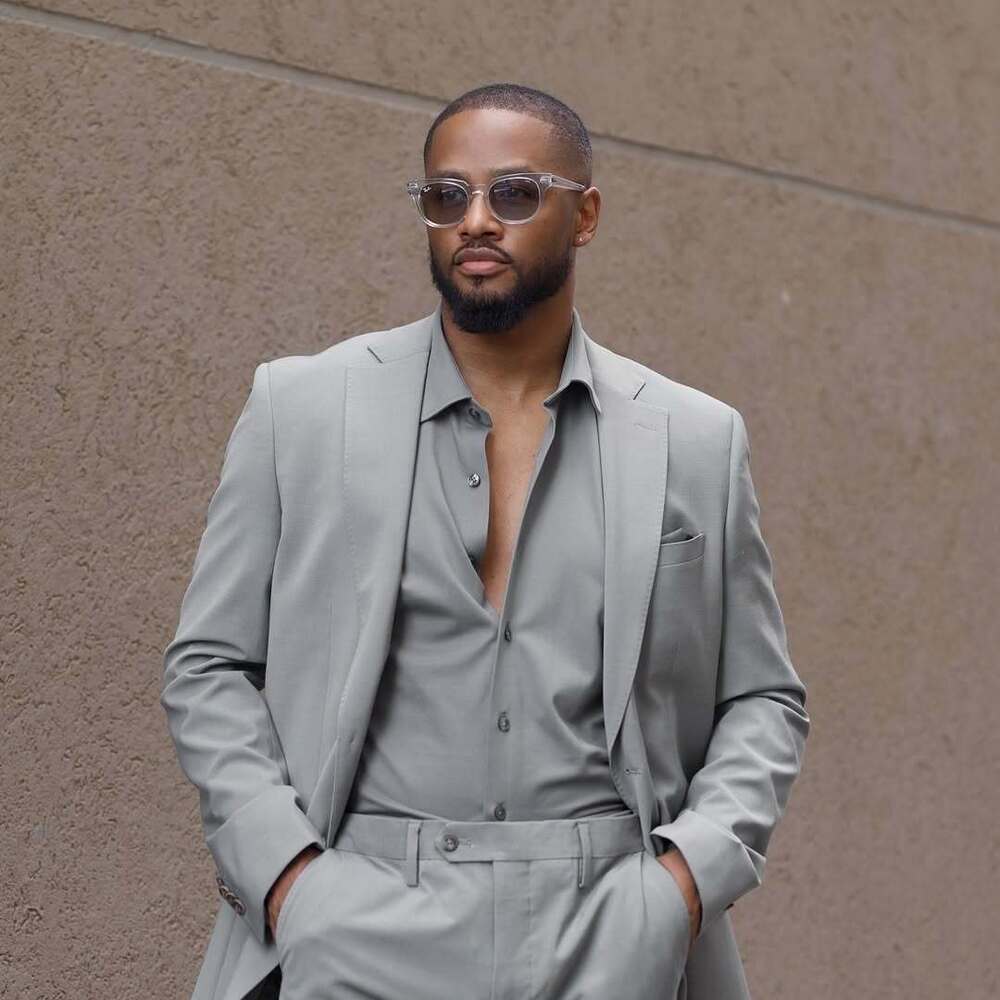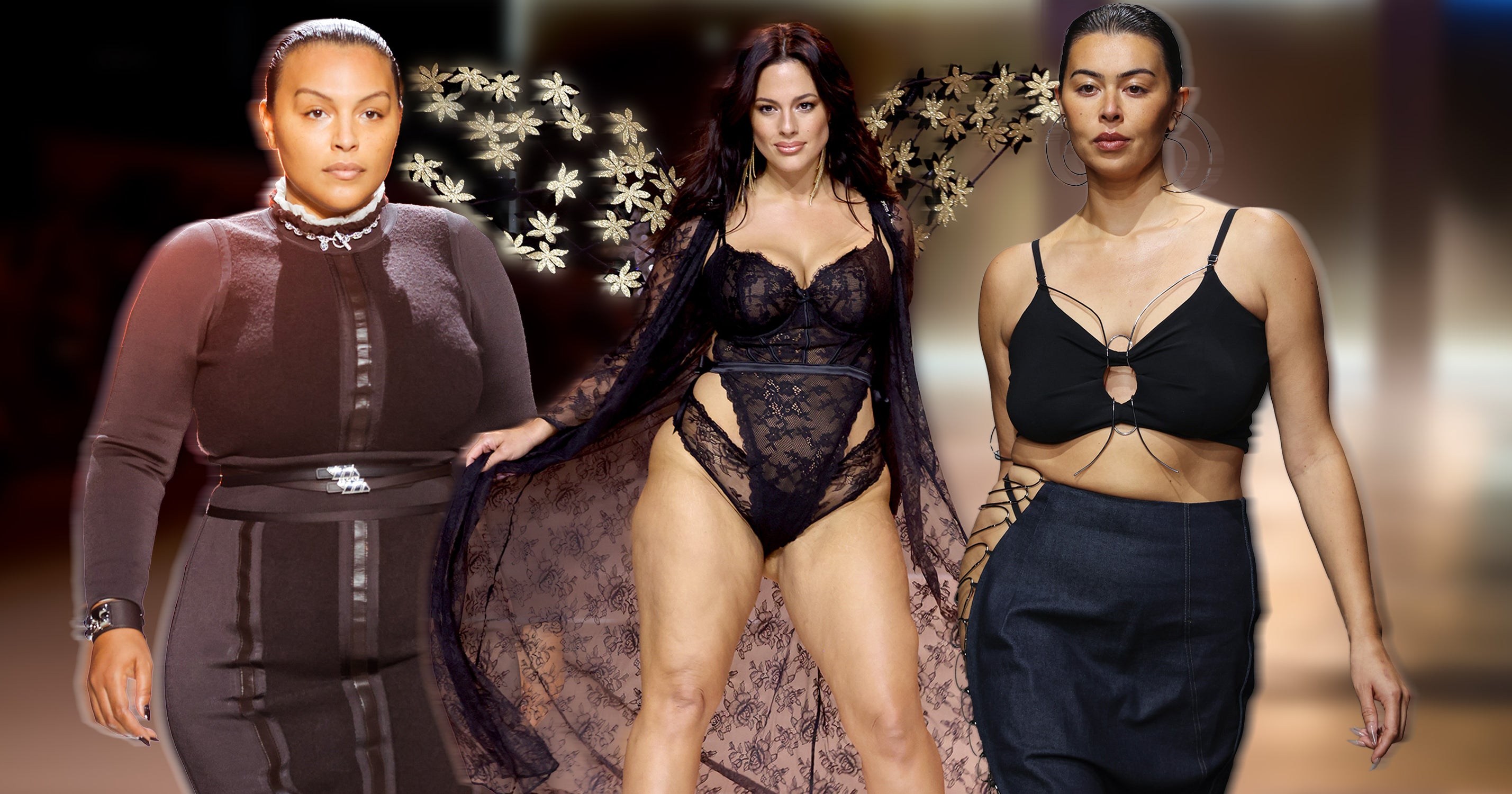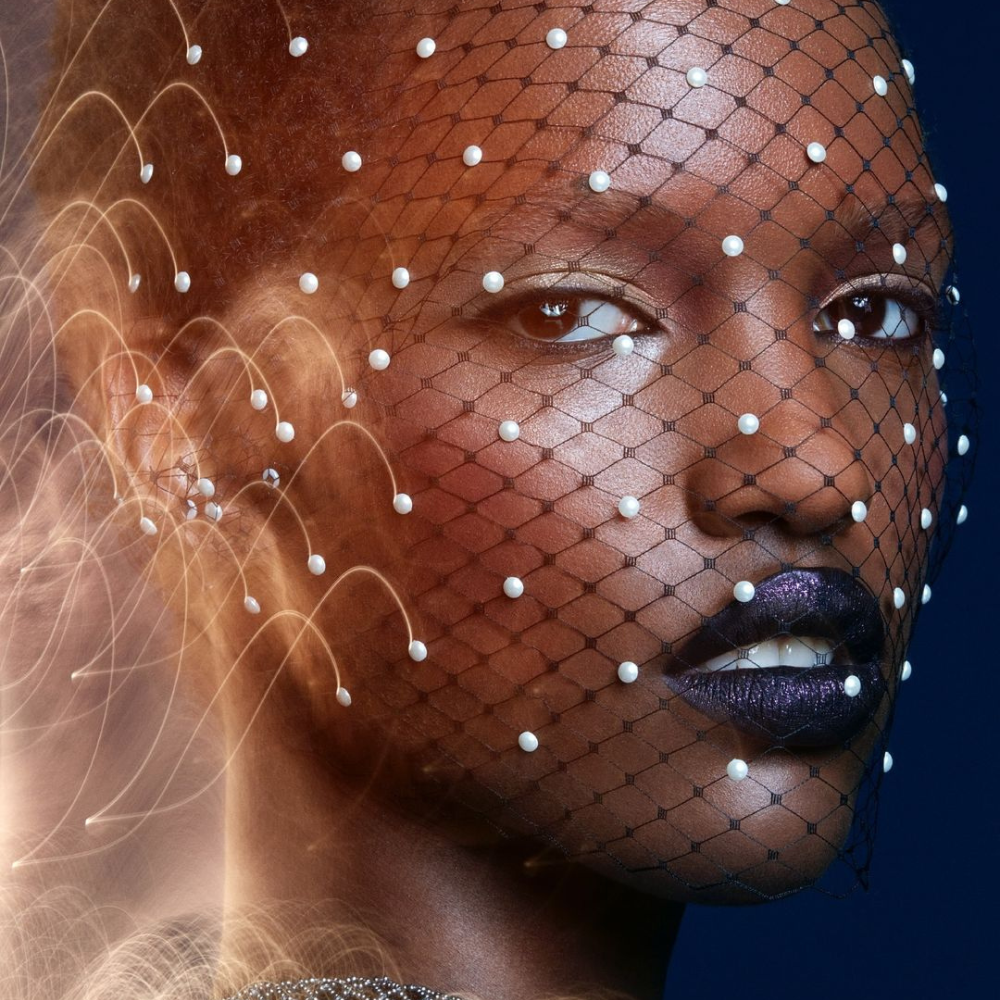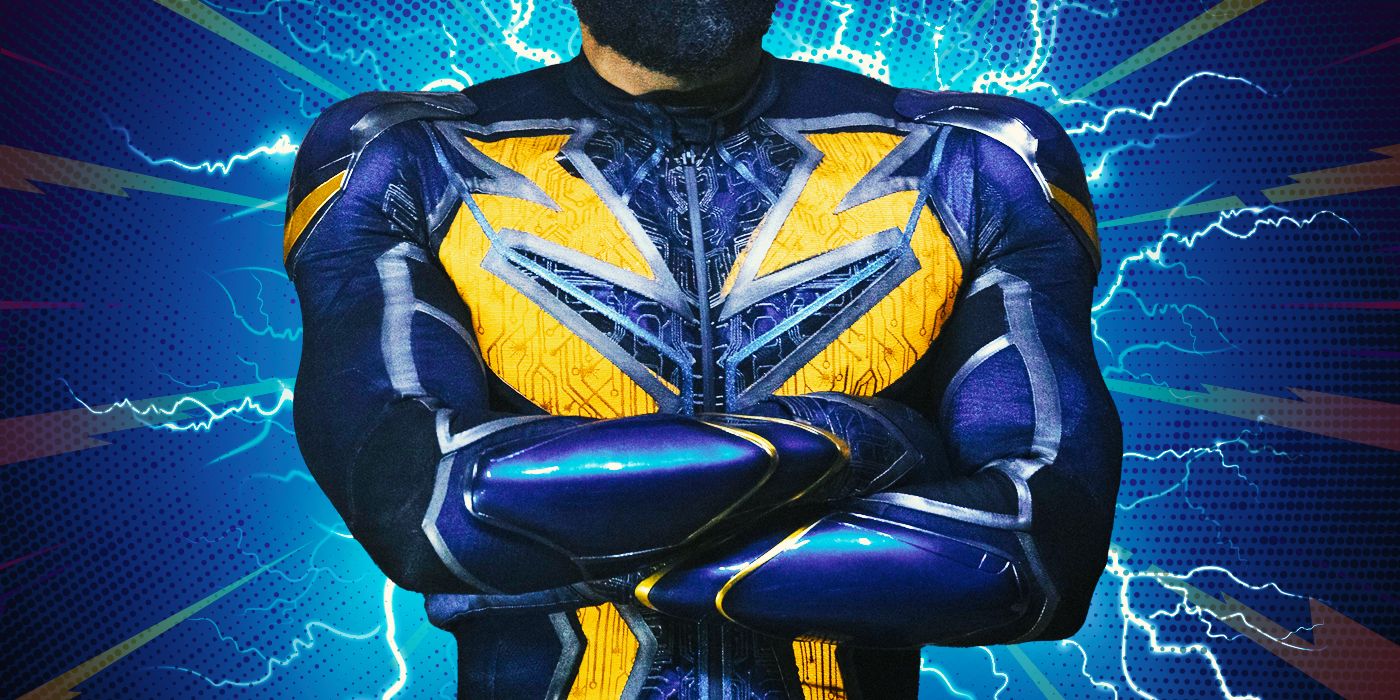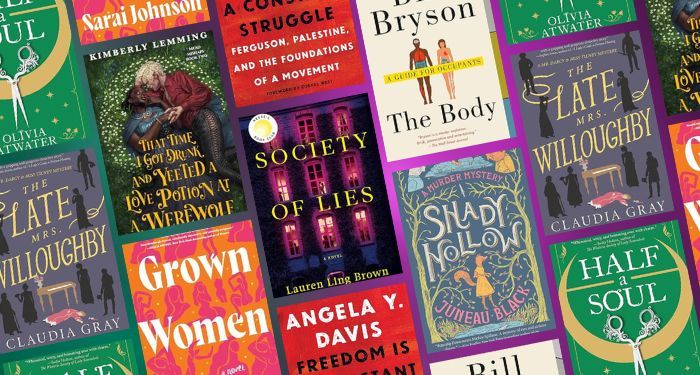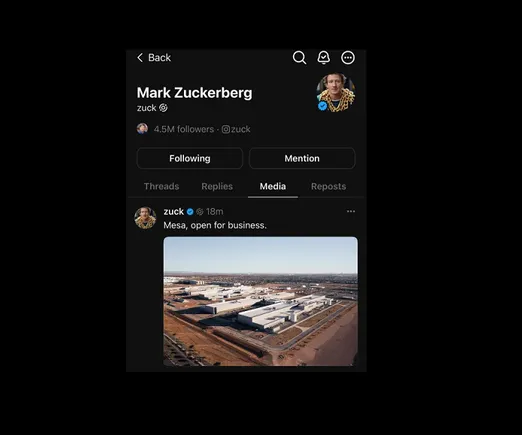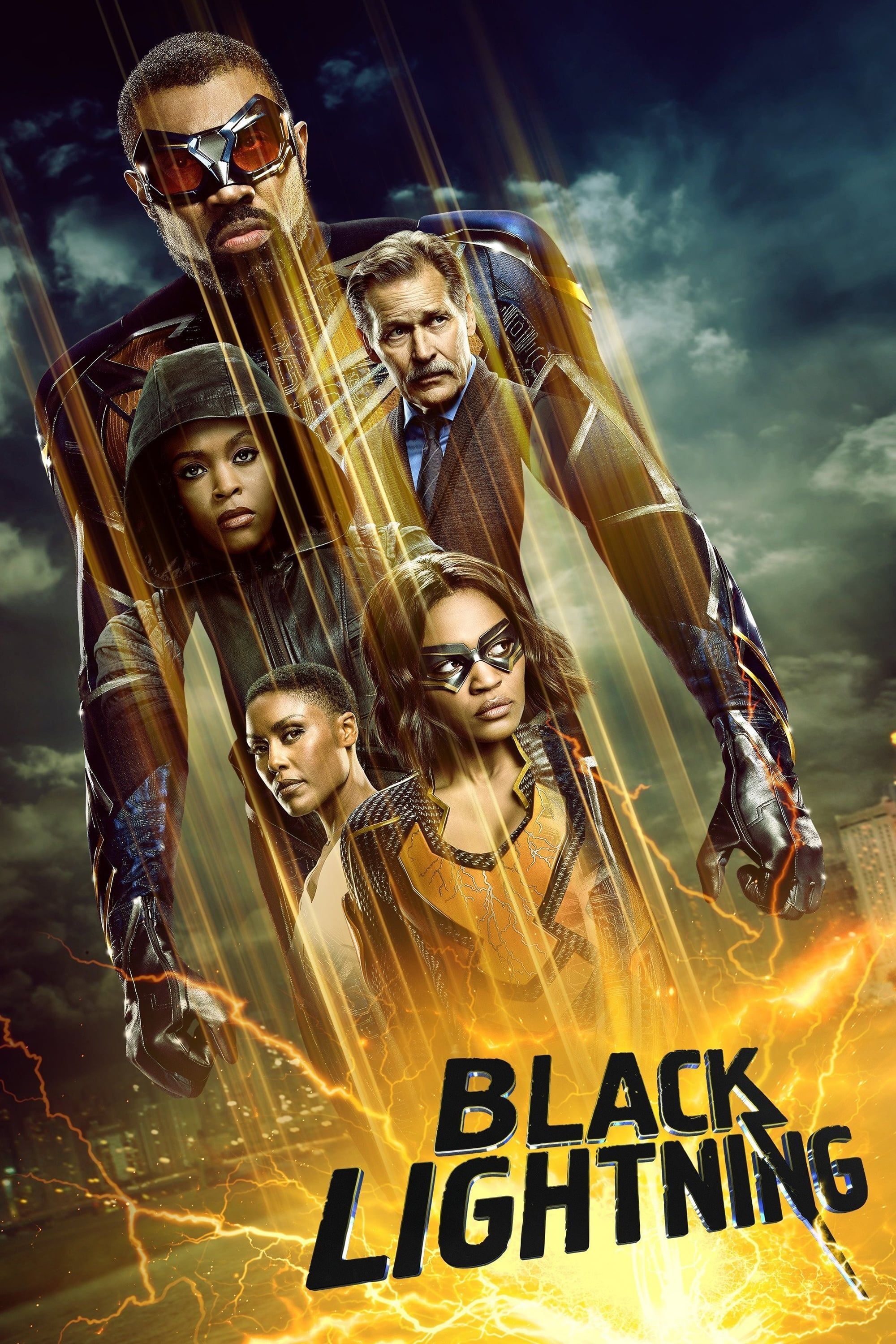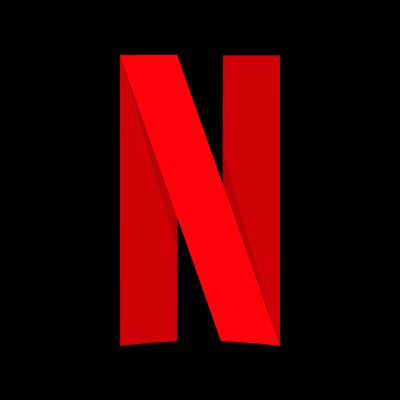The popular CW series, Black Lightning, successfully brought a different approach to the superhero TV shows typically featured on its platform. Unlike its Arrowverse counterparts, Black Lightning focused on groundbreaking storytelling comprising real-world challenges that addressed systematic racism and community struggles. Diverse audiences are able to connect with this powerful tale of a modern black family in America through its well-crafted adaptation of the legendary DC universe character. Showcasing the Pierce family’s collective fight against oppression amplifies the emotional weight of the narrative. This unique focus on familial bonds and unity positions Black Lightning as a compelling commentary with relatable character development.
Black Lightning’s counterpart CW series like The Flash and Arrow delve into themes such as justice, science, and class warfare. While both of these shows do a wonderful job of incorporating this material into a superpower narrative, Black Lightning stands apart with its outwardly liberal approach. Across its four electrifying seasons, Black Lightning captivates viewers with thrilling fight scenes and nuanced storytelling that serve as a backdrop for a deeper portrait. By looking through the lens of the Pierce family, viewers are able to see this unit acting as a team of superheroes, effectively adding to what The Flash and Arrow are able to convey with their individual character chronicles. As we celebrate Black Lightning’s sixth anniversary, it’s the perfect time for fans to revisit a series embodying the power of the community and the ongoing fight for justice.
‘Black Lightning’s Jefferson Pierce Blends the Superhero With the Family Man
In contrast to protagonists Barry Allen (Grant Gustin) and Oliver Queen (Stephen Amell), Jefferson Pierce (Cress Williams) is a more tenured superhero. Pierce’s dual identity forces him to walk the tightrope of fatherhood, being a superhero, and a working professional. This balance is frequently analyzed throughout the course of the series, but in two episodes in particular, Pierce’s struggles and triumphs are highlighted in a fashion that really serves as testaments to this standpoint. When the high school where Pierce serves as Principal falls under attack, he is tasked with using both his professional skill set and lightning-based abilities to save the day. Moments such as this juxtapose when Pierce must act as Black Lightning while also being a dependable man for his family.
In Season 1, Episode 12 of Black Lightning, Jefferson Pierce embodies the dual role of a dedicated principal committed to his students and a superhero passionate about his community. This moment reveals his deep investment in both the school and the safety of his neighborhood, showcasing a unique blend of personal and heroic responsibilities. Unlike other CW series, which often focus more on individual hero journeys, Black Lightning emphasizes the interconnectedness of community and education. Jefferson’s commitment to his students’ welfare and his proactive stance against societal issues highlight a distinctive narrative that prioritizes the impact of heroism on the community at a granular level, an underrated aspect of the superhero genre that movies don’t usually have the luxury of exploring.
With the final episode of Black Lightning’s first season, we get to see how Pierce expertly operates as both a hero and a father. Following the attack on the school, Pierce is briefly stuck in a comatose state. While unconscious, he reflects on the traumatic murder of his father. In retrospect, he recalls why he adopted the mantle of Black Lightning, reigniting his intention to serve as a beacon of hope for his hometown of Freeland. With his family being pursued by the nefarious government agency “A.S.A,” Pierce must rally his family for a decisive last stand. This sequence displays Pierce’s ability to lead his family during tough times while staying true to his duty as a symbol of peace and hope.
Anissa Pierce Is Distinct From Other CW Arrowverse Characters
Anissa Pierce (Nafessa Williams) is not only Jefferson’s oldest daughter but also a powerful superhero named “Thunder,” who chooses her own path as a protector of Freeland. As a young black woman in her early twenties, Anissa’s approach to fighting crime differs vastly from her father’s, similar to the root causes she looks to uphold. Her character arc is distinct on The CW for the fact that it covers her desire for independence from her superhero father while tackling her life as a queer woman navigating today’s socio-political climate. Anissa’s trials and tribulations are displayed in full detail when we see her conflicted relationship with Grace Choi (Chantal Thuy) and how this connects to her role as Black Lightning’s daughter.
Anissa’s ongoing relationship with Grace Choi encompasses several themes regarding acceptance. Both characters deal with the reality of having superpowers, being minority women, managing relationships, and healing from past trauma. In Episode 3 of Black Lightning’s third season, we see the couple have a heart-to-heart moment that embodies The CW’s attempt to create a show that acknowledges the challenges of its audience. Anissa verbally expresses her love for Grace while vowing to respect her differences and be someone who will support her ongoing pursuit of self-assurance. Due to the lack of representation in this area within The Flash and Arrow, Black Lightning willingly serves as a space for this in CW’s Arrowverse.
In Season 1, Episode 6 of Black Lightning, Anissa Pierce’s significance is shown as she embraces her emerging superpowers, revealing her connection to her father’s legacy. When Jefferson discovers that Anissa possesses abilities, it highlights a generational continuation of heroism. However, Anissa carves her own path by championing social justice causes that resonate with her personal beliefs, such as advocating for the marginalized and confronting systemic issues. This distinction enhances her character, showcasing her commitment to fighting for what she believes in, even if it diverges from her father’s mission. Anissa’s unique blend of strength, intelligence, and activism in The CW’s Arrowverse makes her not just a sidekick but a fully realized hero in her own right, reflecting contemporary social themes with depth and authenticity.
Jennifer Pierce Has One of the Best Arcs Among Superhero Stories
Jennifer Pierce (China McClain) is the final piece that holds the powerful family unit together in Black Lightning. When she first discovers her powers, her instinct is to reject them, fearing they might hinder her from leading a normal life. However, as the series unfolds, Jennifer learns to embrace and master her abilities, allowing her to protect others. This journey aligns with her high school experience of struggling with identity while being the youngest in her family. Notably, Episodes 5 and 8 of the second season delve into her quest for control over her powers. By Episode 1 of Season 4, she truly emerges as her own hero, solidifying her significance in the series.
In Season 2, Episode 5, titled “The Book of Blood: Chapter One: Rebirth,” Jennifer faces the reality of her powers, realizing they serve a greater purpose beyond personal gain — they empower her community. This insight sets her apart from many Arrowverse heroes, who often focus on individual motivations. Further growth is evident in Season 2, Episode 8, “The Book of Blood: Chapter Four: Transference,” as her commitment to her family and community intensifies. Jennifer’s narrative elevates her arc, bringing community struggles to the forefront, and making it a standout among superhero stories.
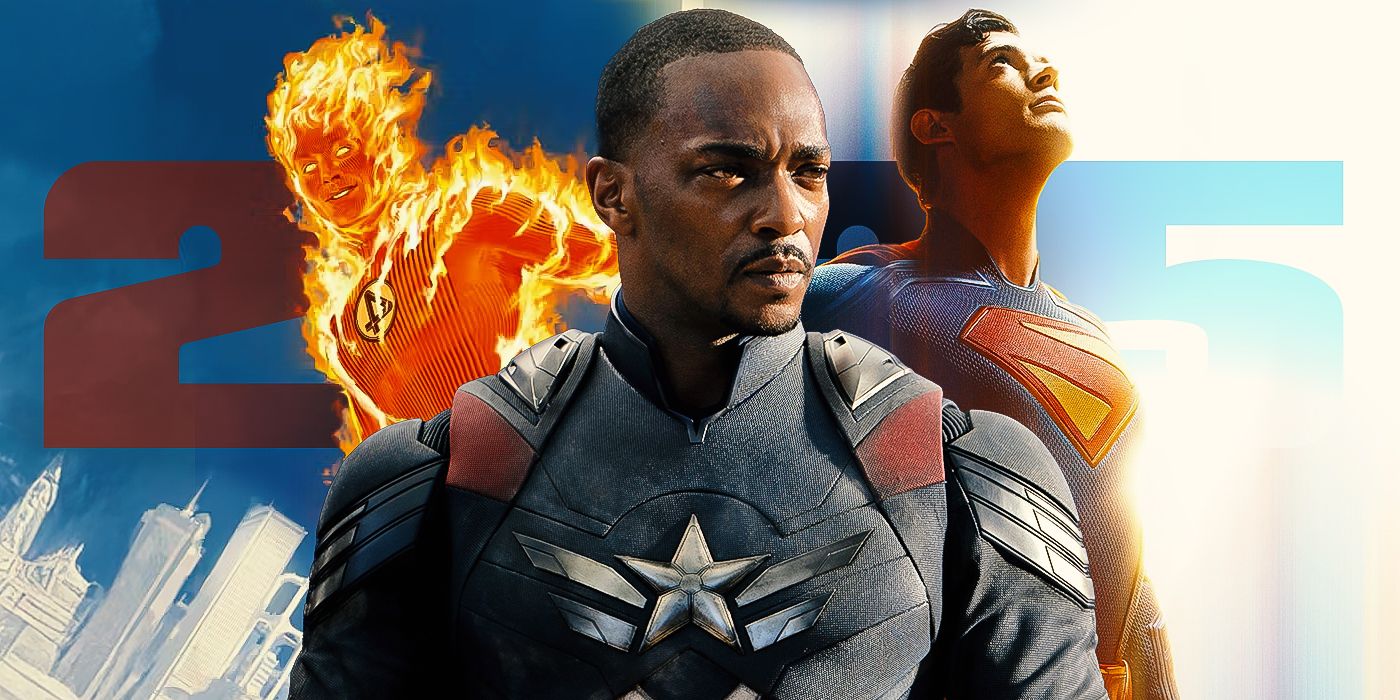
Related
Taking our first steps towards truth, justice, and a better tomorrow.
Finally, in Season 4, Episode 1, “The Book of Occupation: Chapter One: Birth of Blackbird,” Jennifer emerges as a figure of hope and resilience. Embracing her identity as “Lightning,” she symbolizes the strength of the Black community in the face of oppression. This focus on racial justice and community empowerment sets her apart from other characters in the Arrowverse, who may not engage as directly with significant socio-political issues.
The CW’s Black Lightning is an amazing superhero series that completes the fictional world on display in the Arrowverse. By fulfilling a niche centered on diversity, community resistance, and systematic oppression, the show adds another dose of reality to this life-like universe. Although it has been out for several years, this bold superhero TV show is worth revisiting. For audiences looking for a new show to binge-watch, there is no greater time to start Black Lightning.
Black Lightning is available to stream on Netflix in the U.S.







